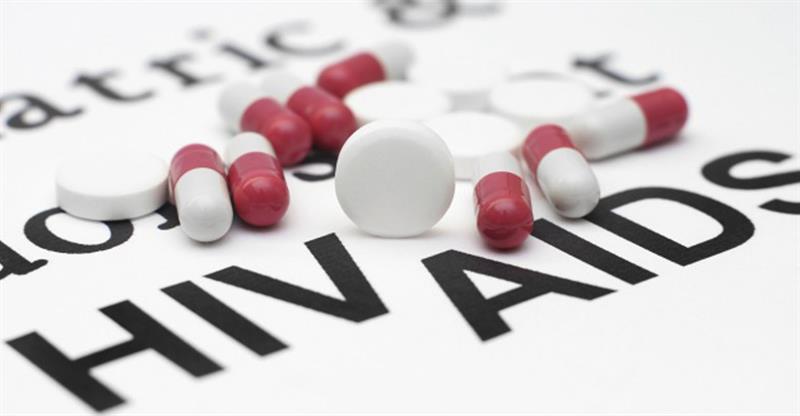THE DRUG IS HIGHLY EFFECTIVE IN REDUCING THE RISK OF HIV ACQUISITION.
 Brazil’s Ministry of Health began distributing pre-exposure prophylaxis (PrEP) for HIV prevention in key higher-risk population groups through 35 sites across the country.
Brazil’s Ministry of Health began distributing pre-exposure prophylaxis (PrEP) for HIV prevention in key higher-risk population groups through 35 sites across the country.
The ministry has estimated that in the first year, 9 000 men who have sex with men (MSM), sex workers and transgender people will be offered PrEP through Sistema Único de Saúde (SUS), Brazil’s national health service. In launching the program, the ministry is working with networks of MSM and transgender people to develop videos and messages to reach people who can benefit from PrEP, including those living in favelas.
As with many other countries in Latin America and the Caribbean region, Brazil’s HIV epidemic is focused among MSM and transgender women. In responding to HIV, Brazil has long been recognized for its innovative response to the HIV epidemic.
“PrEP will help to keep Brazil and our region in line with the world’s most advanced global responses to HIV – and we feel confident that it will have a positive impact on reducing new infections,” said Dr Adele Benzaken, Director of the Department of STI, HIV/AIDS and Viral Hepatitis within Brazil’s Ministry of Health.
The Brazilian program aims to offer PrEP to 54 000 people within the next five years. Although the oral antiretroviral formulation will be initially the originator product during the first year, generic medicines may potentially become available, as they could be less expensive.
There is strong scientific evidence that PrEP works. Several clinical trials among various populations, including men who have sex with men, and heterosexual men and women, have shown that PrEP is highly effective in reducing the risk of HIV acquisition. Based on this evidence, in December 2015, WHO recommended oral PrEP for any person at substantial risk of HIV.
Last December, a new report on HIV Prevention from the Pan American Health Organization (PAHO) and UNAIDS recommended expanding access to all HIV prevention options that are now available, including PrEP, to reduce the number of new cases of HIV in Latin America and the Caribbean, which since 2010 has remained at 120,000 every year.
Implementing a new biomedical intervention, considered controversial by some, usually requires political will on the part of governments. PrEP is one such intervention, including concern about costs required to deliver it within a public health system. These costs are not only related to the medicine itself, but also to the additional monitoring and staff required to provide PrEP safely and effectively.
Brazil’s Ministry of Health is taking a bold and constructive step. The national conversation about offering PrEP at scale started in 2013, when the Ministry funded 5 separate PrEP demonstration projects to better understand the operational challenges in service delivery.
According to Tatianna M de Alencar from the Ministry of Health, these projects have been critical in helping create understanding and demand amongst individuals and populations that can benefit from PrEP.
"As observed in many other settings – including countries such as Australia, France, Thailand and the UK – civil society organizations have served as a catalyst in moving the PrEP agenda forward. That said, we know there are other countries in Latin America and the Caribbean region and beyond where civil society groups have not seen PrEP as a priority."